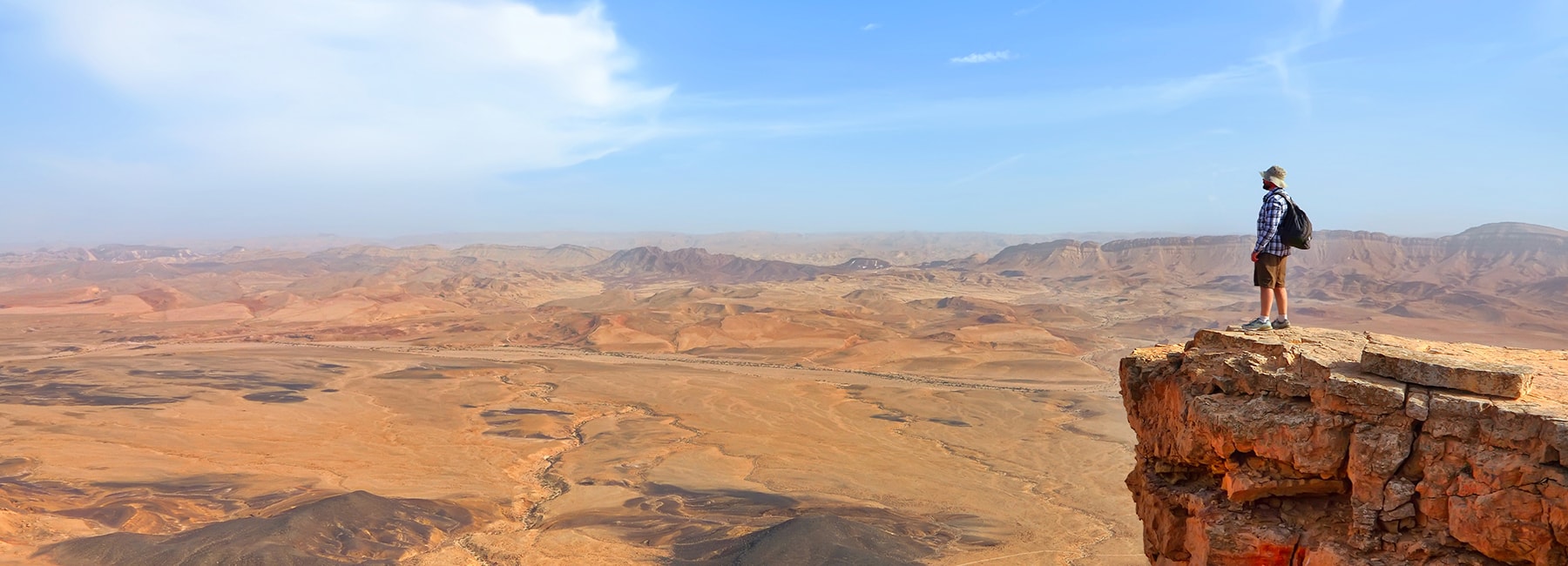5 Secrets You Should Know About Israel
Congratulations! You finally booked your tickets to Israel, and are looking forward to the magical vacation which awaits you. We decided to collect the 5 most important things you should know when visiting Israel, to ease your preparations.
Pre-Planning
We know that some people believe trips should be totally spontaneous, but Israel is not the best place for that. Israel is a diverse, multicultural country, which incorporates traditions from different cultures in order to make everyone feel at home. Consequently, most of the country doesn’t have public transportation on Saturday – the Sabbath – and most museums and sites are closed as well. This is especially important if you are planning a weekend trip. Another important aspect to note is the relatively expensive cab-fare, and the lack of apps such as Uber and Lyft, which are illegal in Israel.
When making reservations or plans, inquire if there are any specific rules or traditions you need to follow when visiting. We will mention some relevant traditions and customs below.
Interesting Sites
Every person thinks of something else when he hears the word ‘Israel’. Some think of the Temple Mount and the Western Wall, some about the breathtaking Yehuda Desert and the Dead Sea, and others about the blooming, green Golan and Galilee regions. Israel’s many attractions are suitable for all ages and religions. A tour of Jerusalem and its neighborhoods is always a great option for tourists, and allows a peek into the diverse cultures coexisting in the holy city. Jerusalem is home to the holy sites of Judaism, Christianity and Islam, and boasts a magnificent culinary scene. If history isn’t exactly your game, Tel Aviv is your go-to city. Its beautiful beaches, urban Israeli atmosphere, all-night bars and pubs and wild night-life attract a young, hip crowd from around the country.
A trip to the Yehuda Desert may be combined with a visit to the breathtaking Ramon Crater, the Ein Gedi Springs, and of course – the Dead Sea. The Dead Sea is known for its healing powers, and its mud is great for the face and body. The Yehuda Desert is full of attractions, including camping, jeeps, camel riding and a visit to the Bedouin tents.
Further down south you will reach Eilat, where diving near the corals, visiting the dolphin beach and amazing aquarium are all a must. If you prefer to travel up north, you will find the Kineret and many springs and streams among beautiful scenery. The Galilee and Golan regions are especially magnificent during the spring months.
Must-Try Foods
If you’ve come all the way to Israel, you likely don’t want to hang out at McDonalds! Israelis consider Hummus, Falafel and Shawarma their nationall dishes, and you can find stands on almost every corner. Many cities provide culinary tours of the markets which allow you a taste of the rich and diverse culinary scene in Israel, incorporating dishes from a range of home-countries and cultures.
Different Cultural Codes
Israeli culture is a unique combination of cultural codes from North-African and European immigrants who moved to Israel. It is common to hug a person when meeting him for the first time, but if the person is religious, no physical touching is allowed. The dress code is casual, and the people friendly but with a healthy dose of sarcastic humor. Individuals who observe the Shabbat do not undertake certain activities on Saturday, and in some sectors, men and women are completely separate all the time. When visiting religious areas, specifically ultra-orthodox Jewish or Druze neighborhoods, respect their traditions by dressing modestly, covering up the chest, elbows and knees.
What Should You Bring Along
Sneakers! Or, any other comfortable walking shoes, sun-screen and a sun-hat. Many parts of the country are mountainous, and the weather is hot and sunny most of the year. For the evenings, bring along a cardigan or sweatshirt. Of course, the most important thing for you to bring along is positive energy and good vibes, so don’t leave them at home!





 May 26, 2019
May 26, 2019